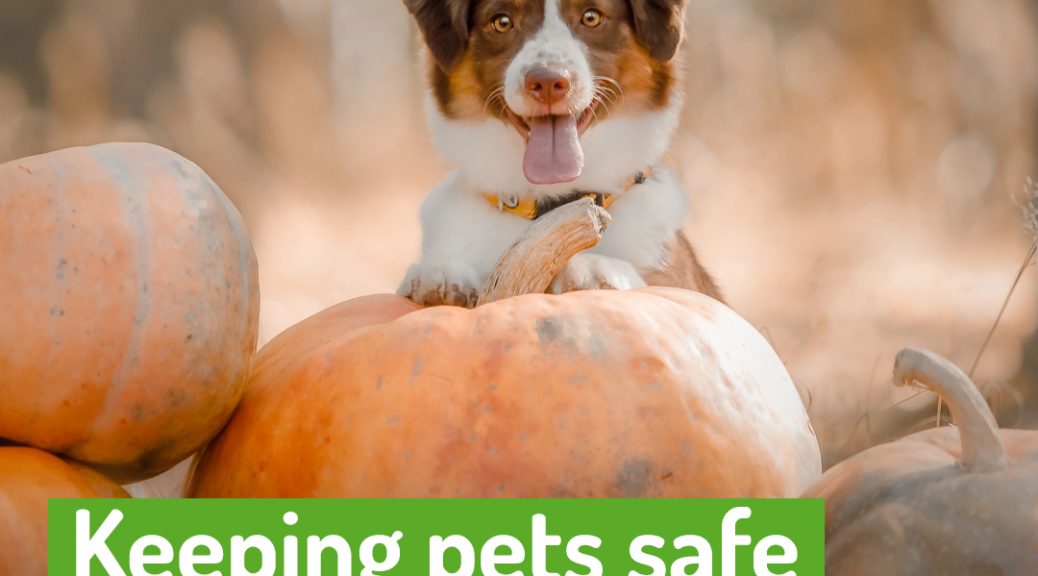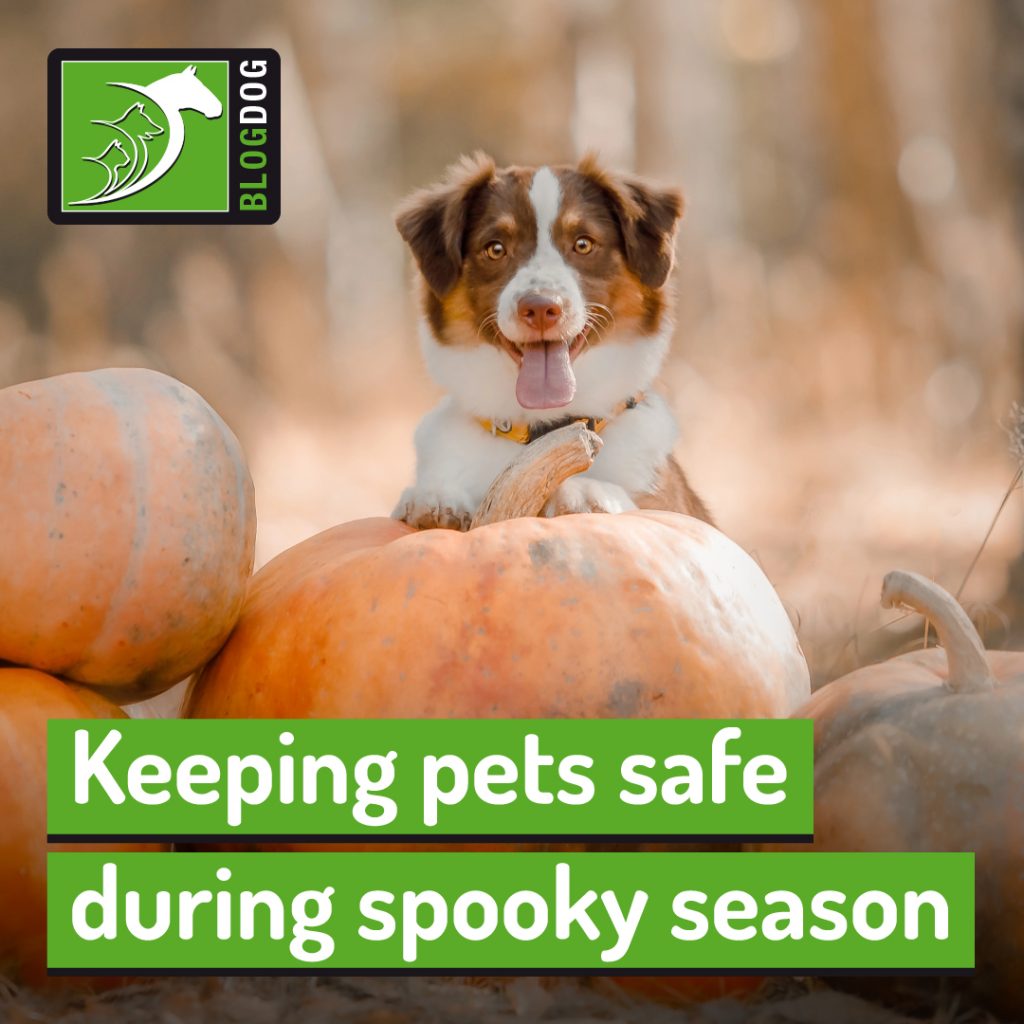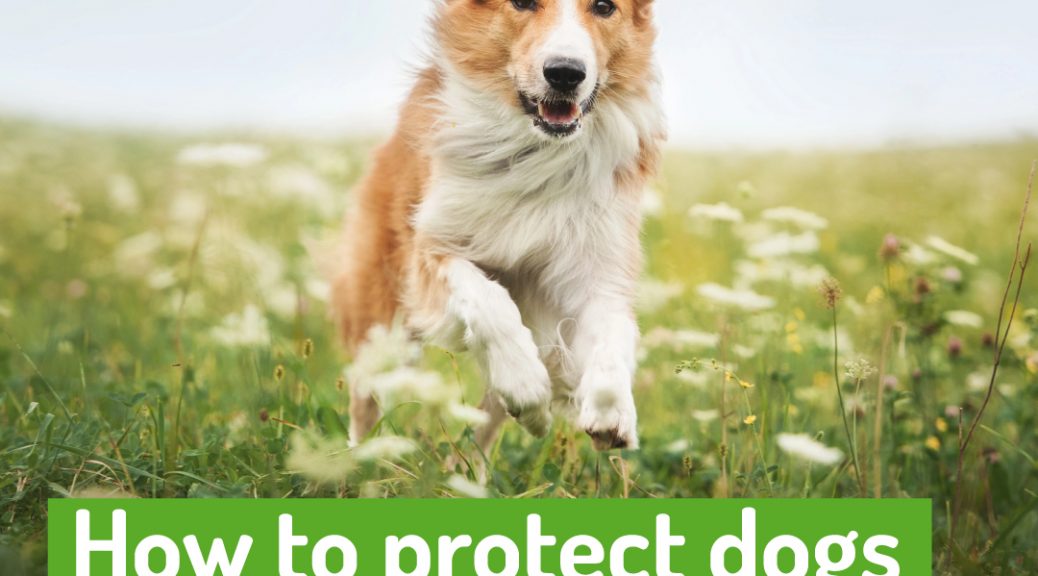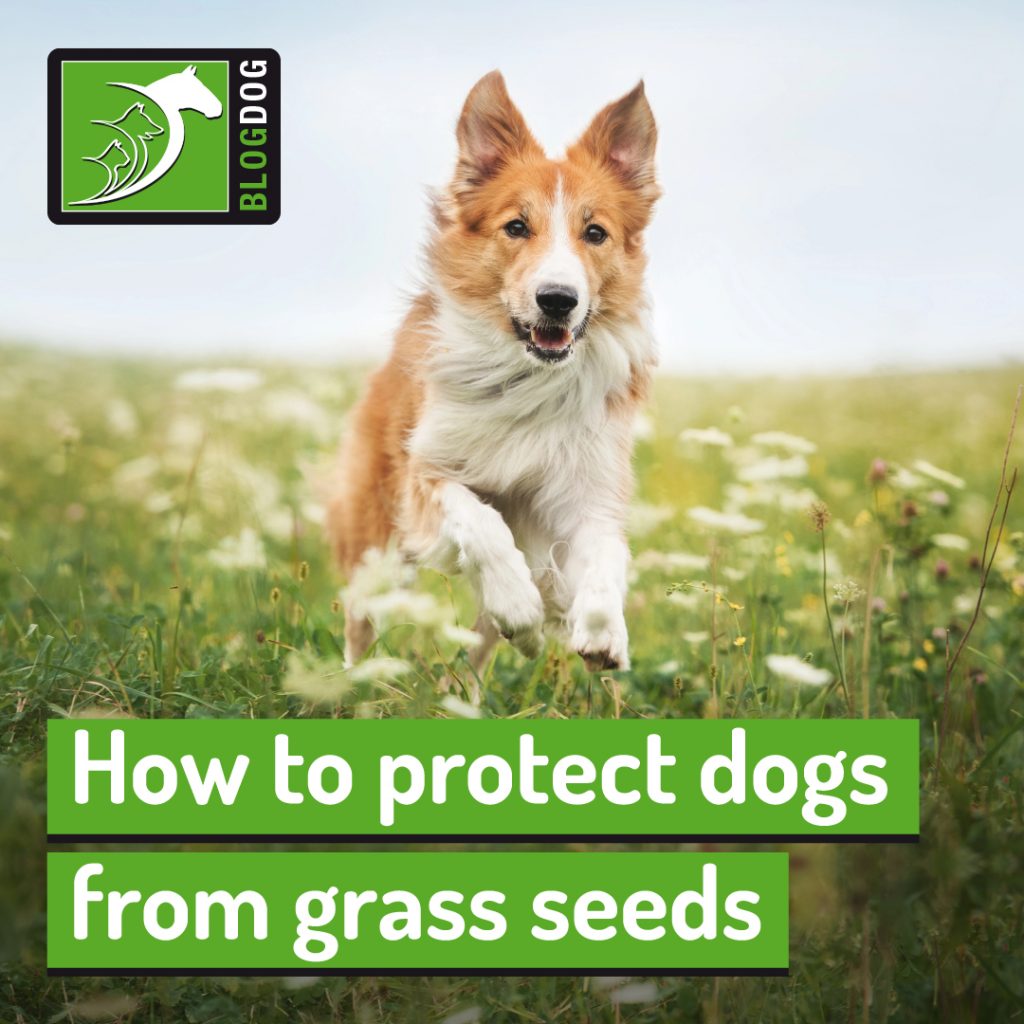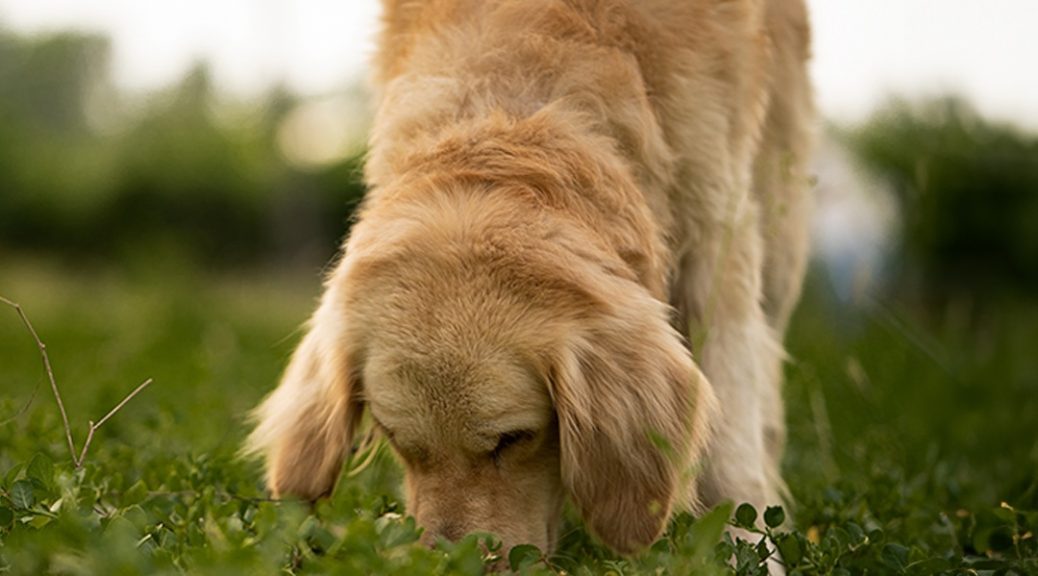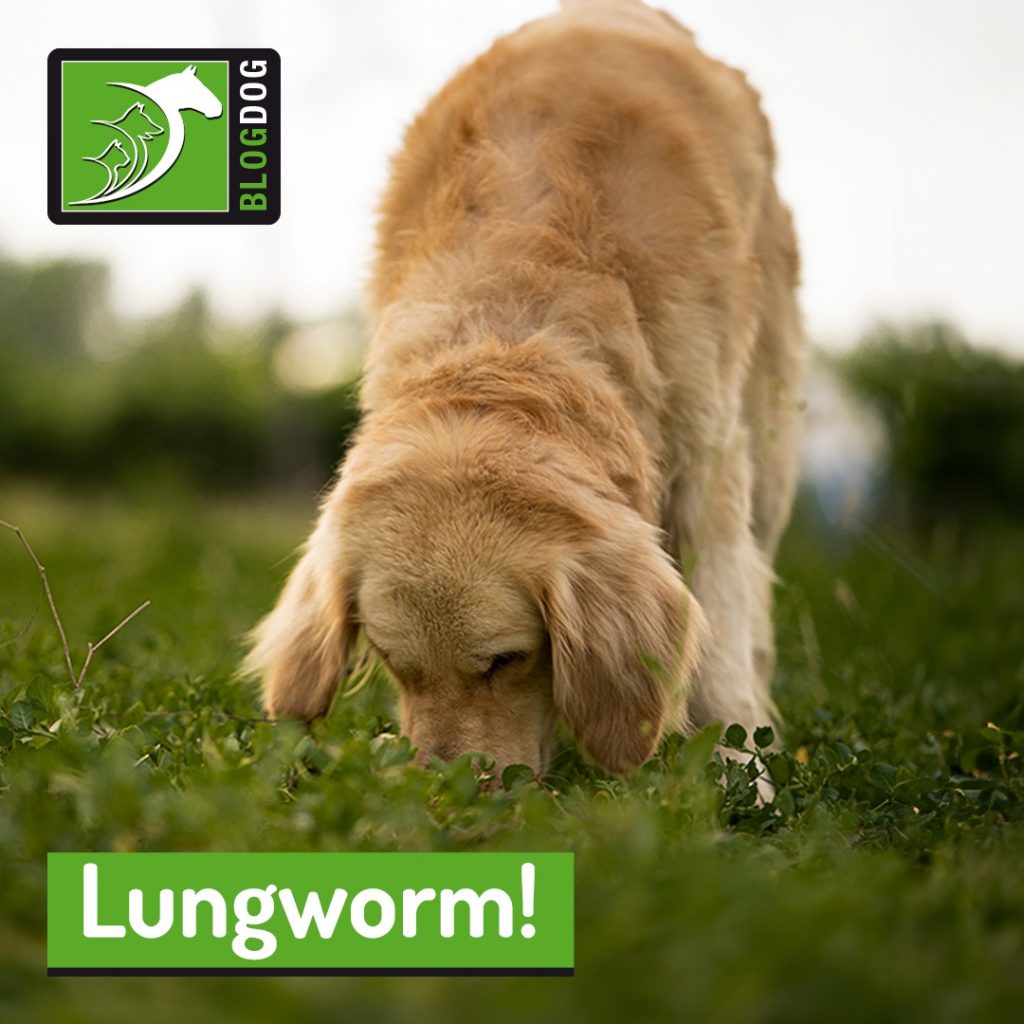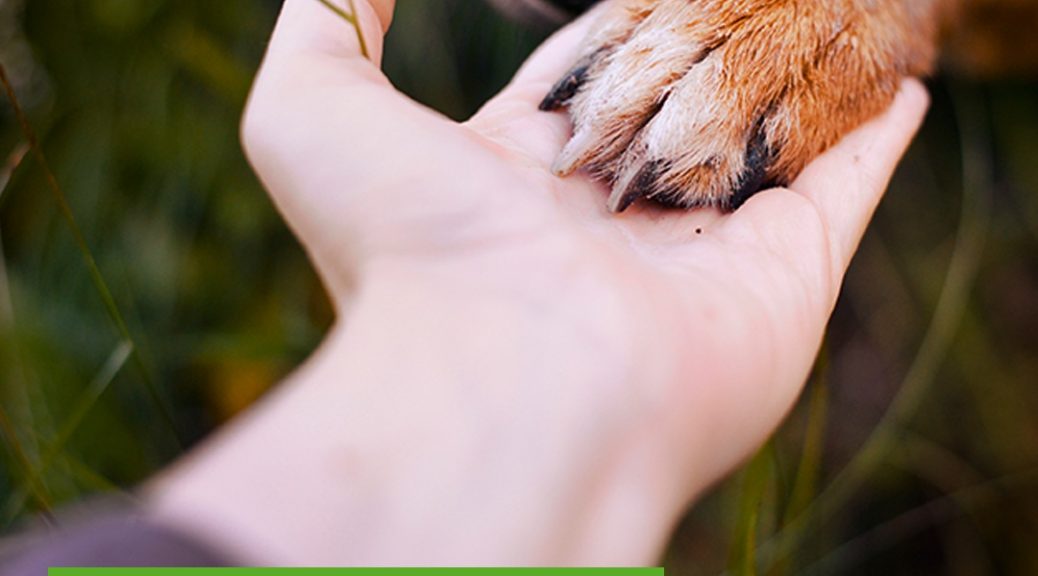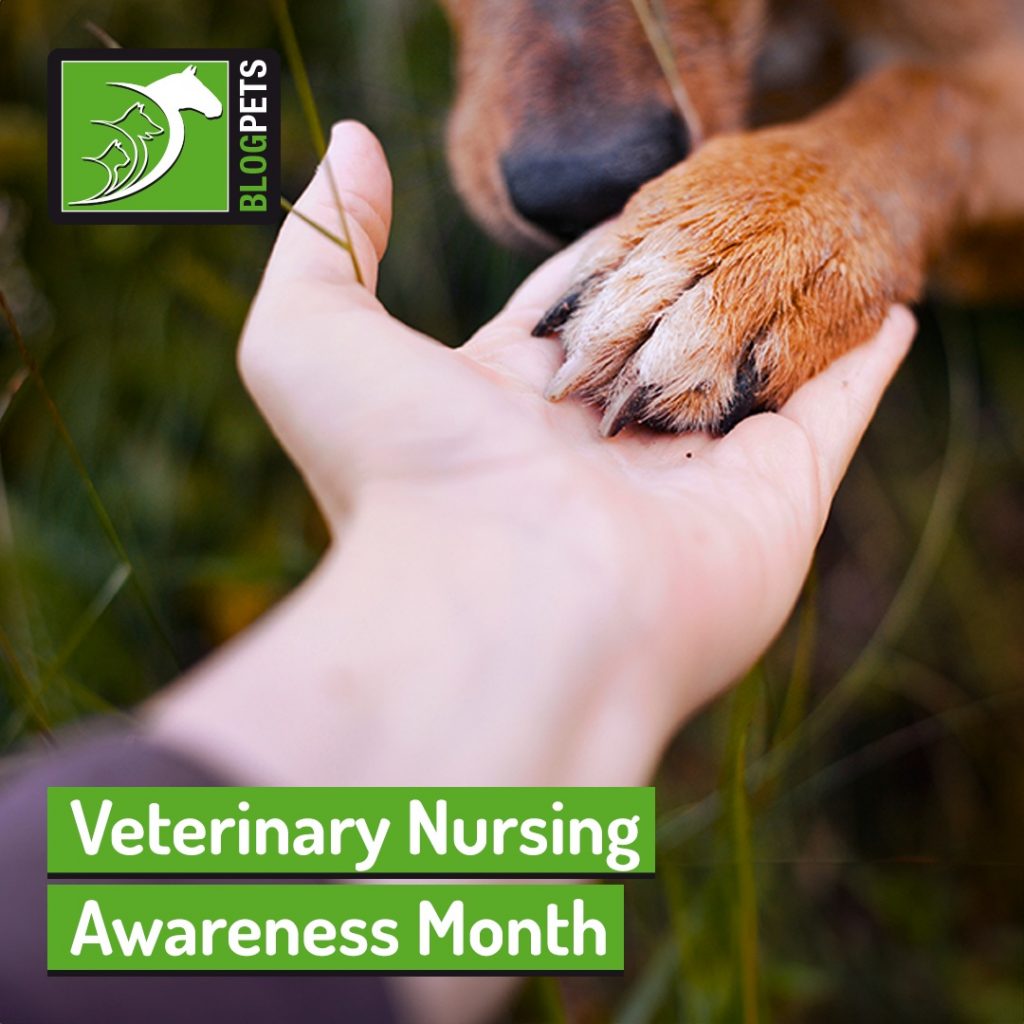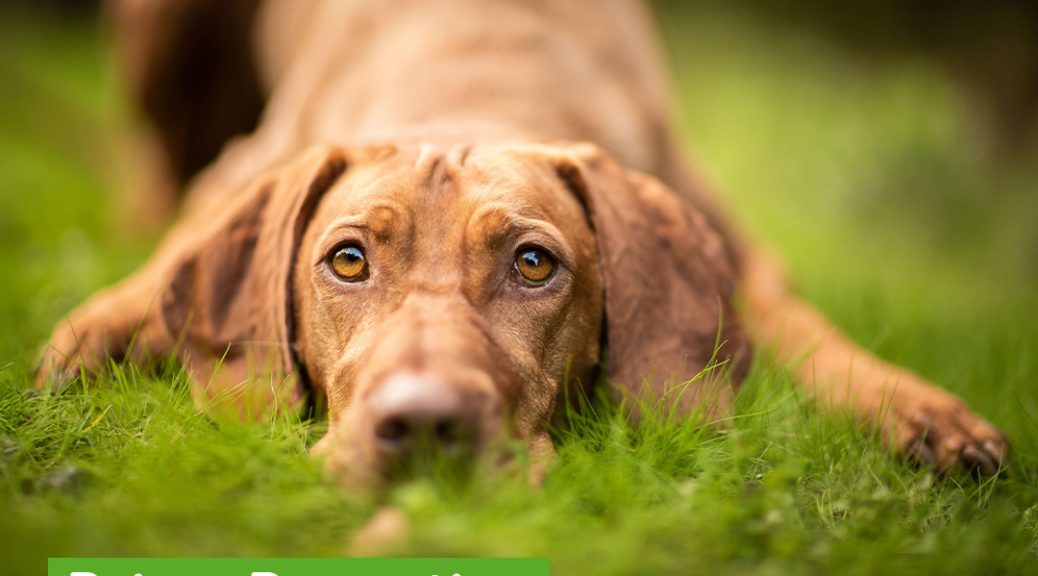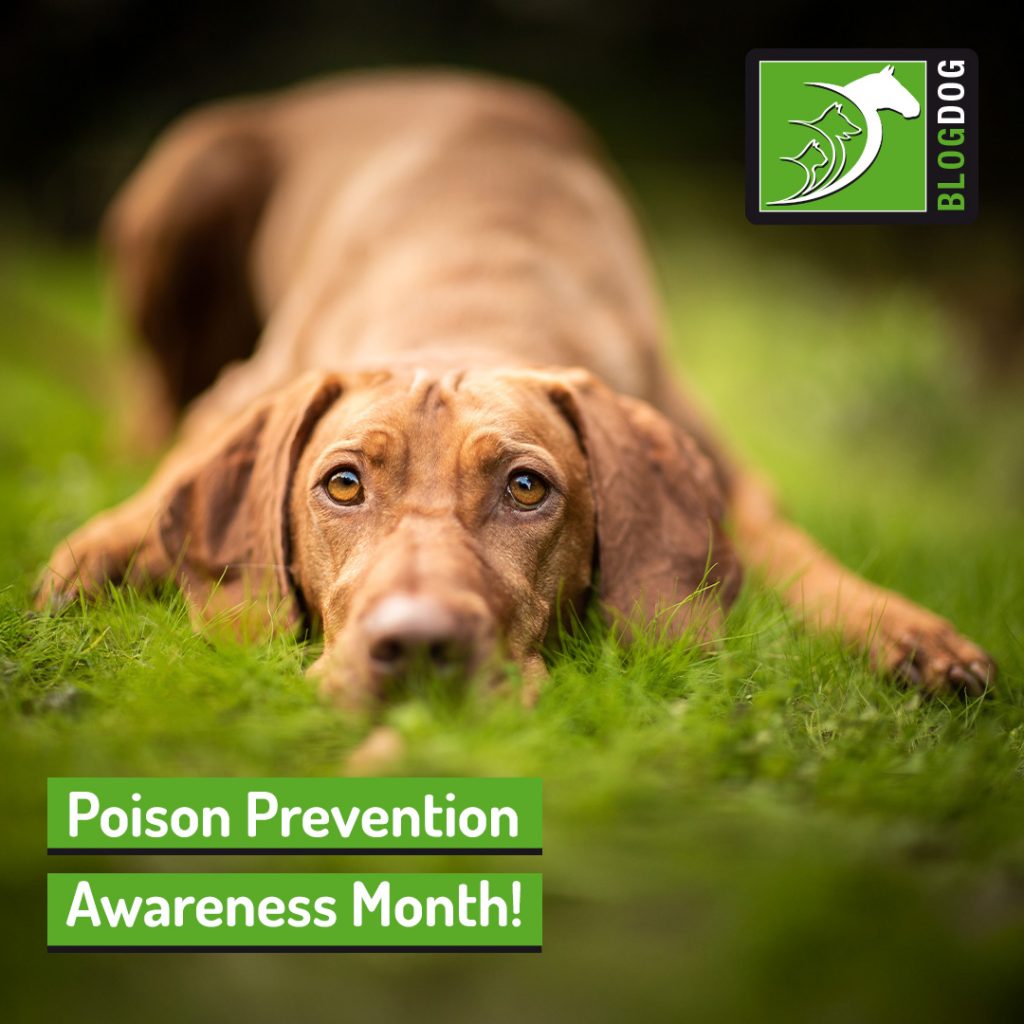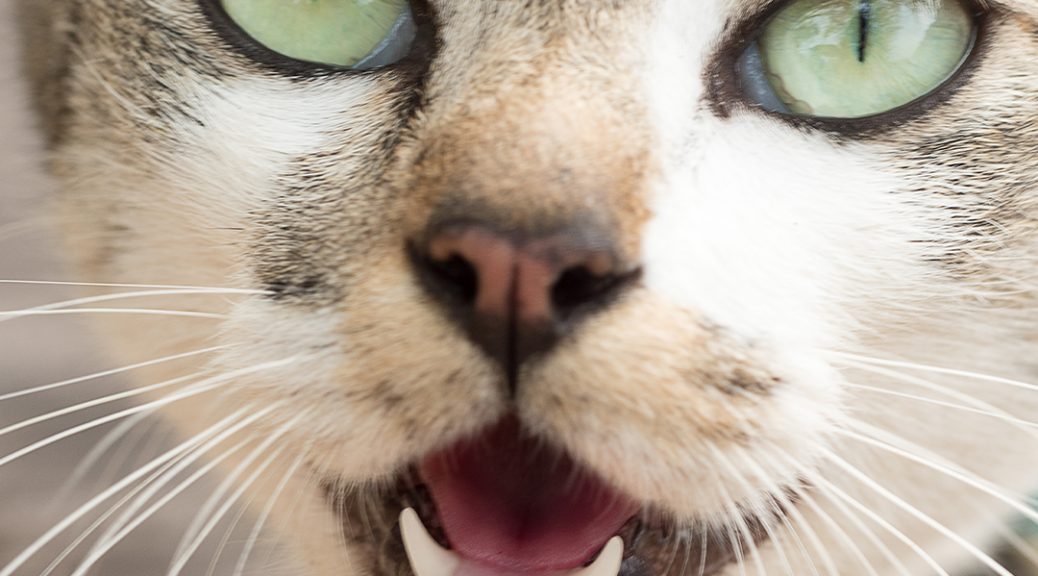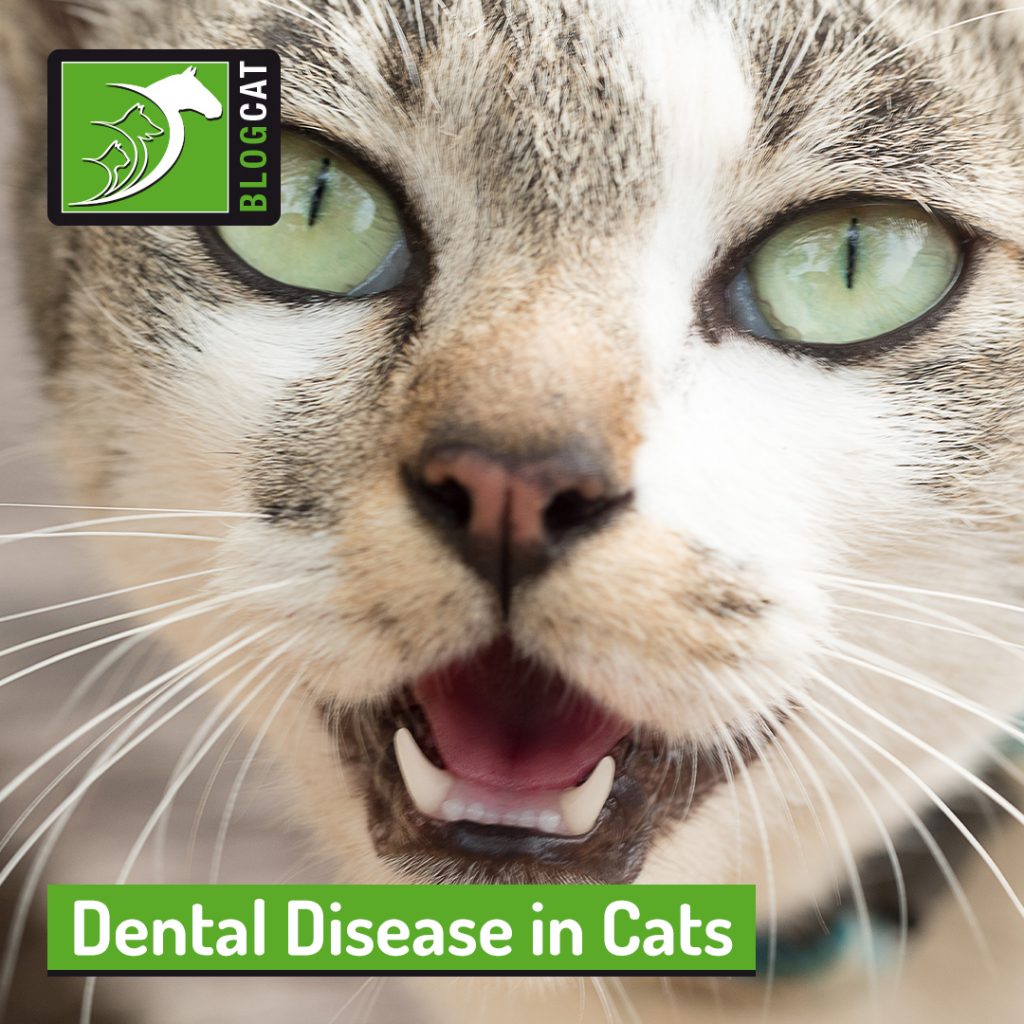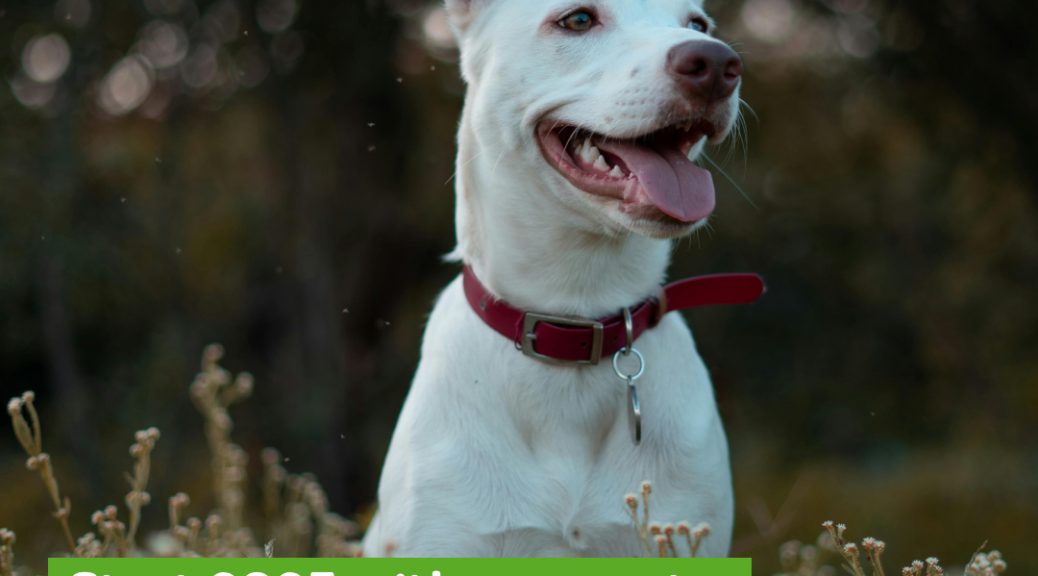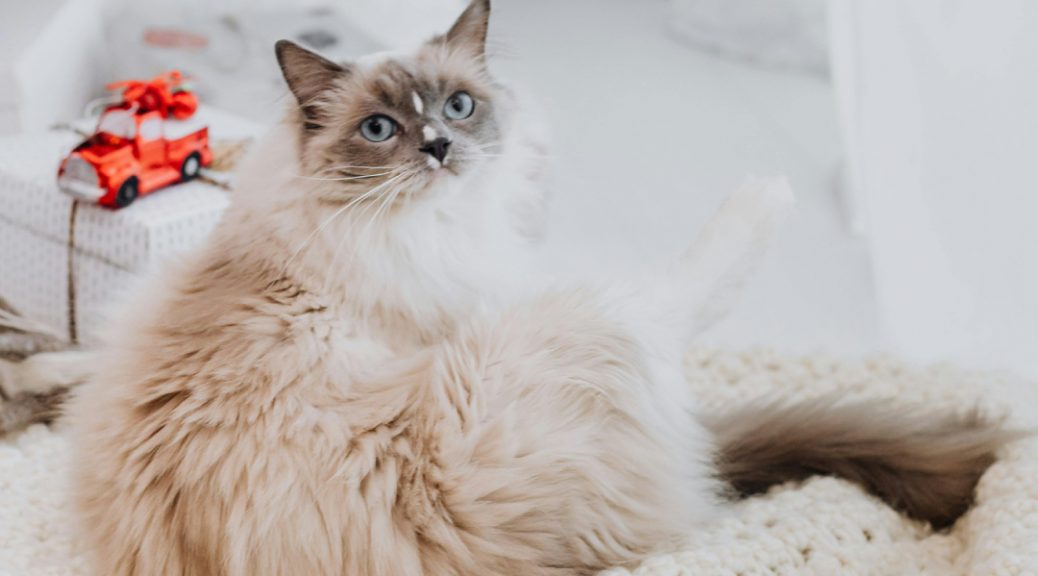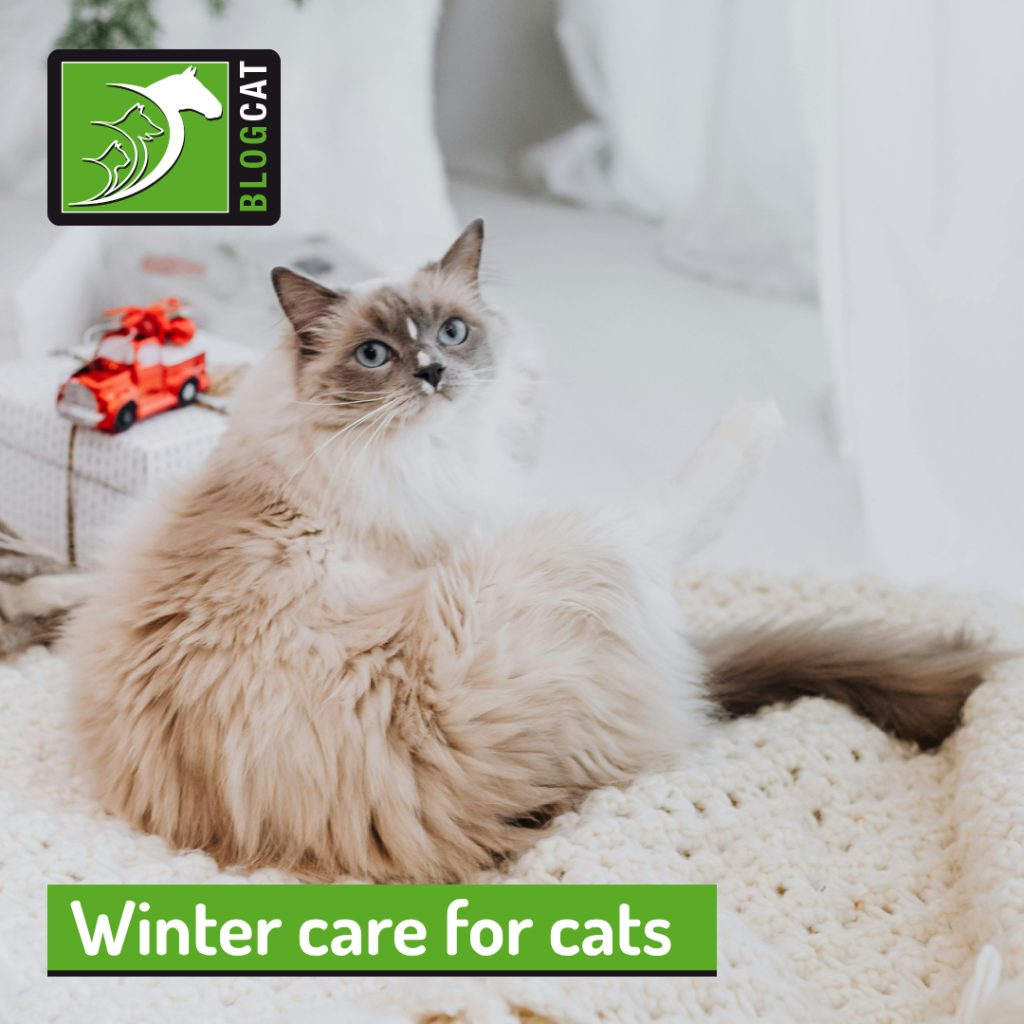As Halloween becomes increasingly popular across the UK, more of us are joining in the seasonal festivities, from trick-or-treating to dressing up and decorating our homes. While it’s a fun time for families, Halloween can bring a range of hidden dangers for pets. By understanding what to look out for, we can ensure our furry companions stay safe and stress-free.
Chocolate and sweets
Chocolate is one of the most well-known toxins for pets, especially for dogs. Even small amounts can cause vomiting, diarrhoea, restlessness, or more serious symptoms such as tremors and seizures.
Sweets containing xylitol (a sugar substitute) are also extremely toxic and can cause a dangerous drop in blood sugar or liver failure.
Make sure all treats are kept well out of reach, and be mindful that young children might want to share their sweets and chocolate with their pets without realising the risks.
If you suspect your pet has eaten chocolate or sweets, please get in touch with your vet straight away.
Costumes
While some pets don’t mind being dressed up, many find it uncomfortable or stressful.
If your pet is comfortable wearing a costume, make sure it doesn’t restrict movement, vision or breathing and that it doesn’t have any parts that can be chewed off and swallowed. Keep an eye on your pet and remove the costume immediately at any signs of distress.
Decorations
Halloween decorations can be exciting for us, but confusing or even frightening for pets. Flashing lights, noisy props, and unfamiliar scents can cause stress and anxiety. Decorations like strings of lights or plastic ornaments can also pose choking or entanglement risks if chewed.
Candles and open flames are particularly dangerous, since curious pets can easily knock them over or burn themselves. If you’re creating a spooky atmosphere, consider battery-operated alternatives instead.
Visitors
The frequent knocks on the door, ringing of the bell, and unfamiliar visitors in costumes can be overwhelming for some pets, especially those who are naturally nervous. Dogs may bark or become defensive, while cats may hide or try to escape.
Try to keep pets in a quiet and secure room away from the front door during trick-or-treating times. Calming diffusers and their favourite toys can also help ease anxiety.
Escape risks
With doors constantly opening for visitors, there’s an increased risk of pets slipping out unnoticed, which is why keeping them in a separate room is a good idea to prevent accidental escapes.
It’s always important to ensure your pet is microchipped and that your contact details are up to date.
Halloween is meant to be fun, and with a few simple precautions it can be safe for pets, too. Keep treats out of reach, avoid costumes unless your pet is truly comfortable wearing them and create a calm space for them away from the hustle and bustle of the evening.
If you’re worried your pet has eaten something harmful or is struggling with the seasonal stress, get in touch with your trusted vet.
